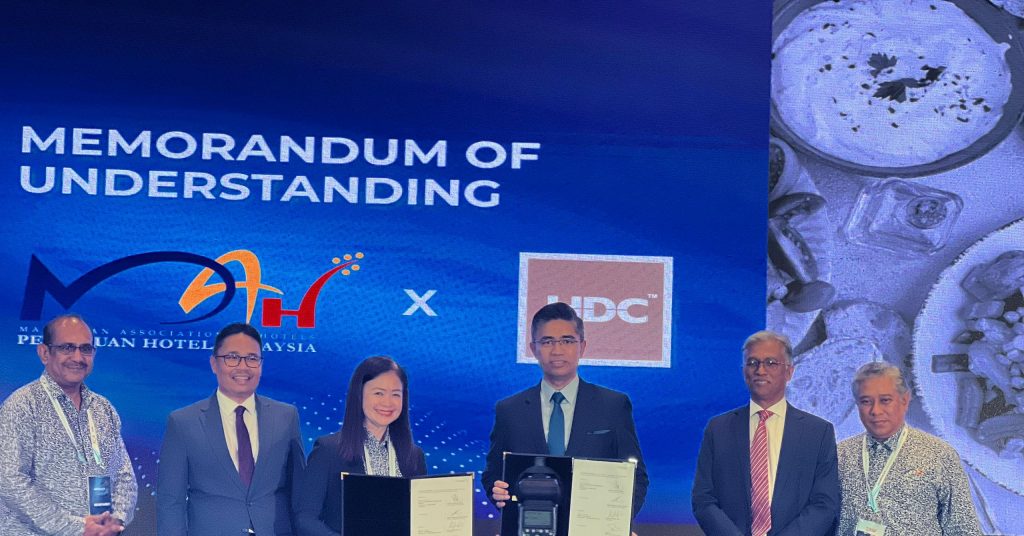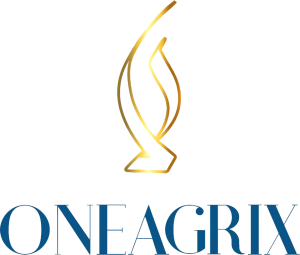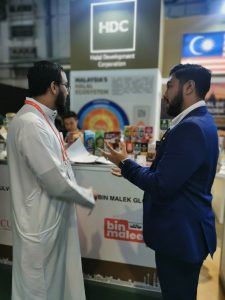The Sustainable Restaurant Association (SRA) has called on the food industry to follow the UN’s Sustainable Development Goals (SDGs) in order to achieve the innovation required to accelerate climate action.
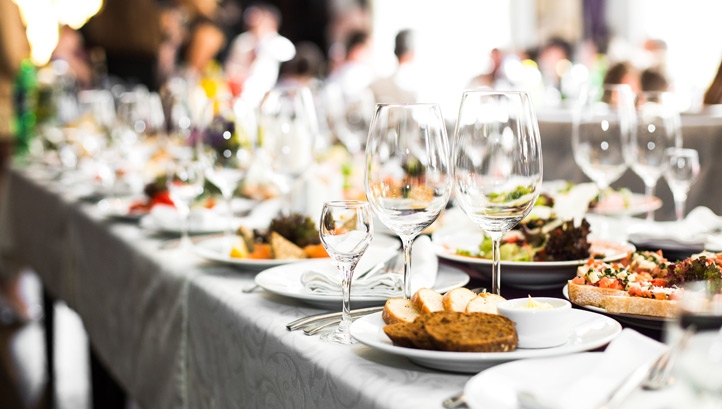
The SRA has called on hospitality and leisure businesses to keep more food on plates – not in bins
The SRA made the comments in the foreword to edie’s new insight report on the hospitality and leisure industry, which outlines how the sector can achieve a sustainable future – and ties into the Mission Possible campaign.
The SRA’s chief executive Andrew Stephen, said: “If the environmental externalities of our recipes were priced in, then our menus would look very different and price out most of the ‘food citizens’ that we call consumers.
“Fortunately, the direction of travel is clear. We must focus our innovation on accelerating towards the UN’s Sustainable Development Goals.”
The SRA has produced a graphic of how it believes the methodology between its own agenda and the SDGs can be met – illustrating for hospitality and leisure firms the direct line of travel, and how to build a future sustainability strategy.
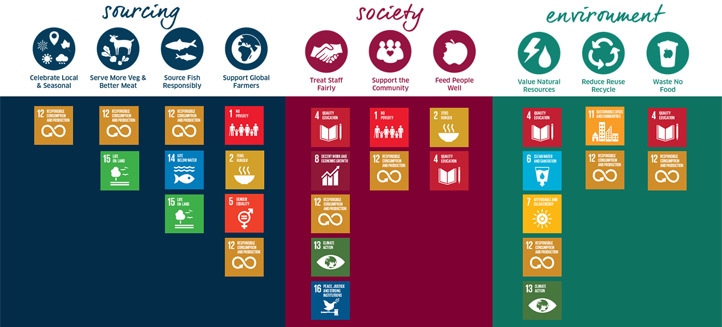
The association has a three-pronged strategy to reduce the environmental impact of menus by cutting meat consumption, keeping food on the plate and not being wasted, and taking “serious action” on single-use plastic.
Call to arms
Stephen also launched a battle cry to the industry saying that “you are not everyone’s idea of a sustainable restaurant if you install waterless urinals whilst serving ingredients which place huge water stress on dry places”.
“We must not set our aims too low or exclude the most material changes we need to make from our thinking.” He said.
Stephen also highlighted the role that foodservice companies could play in helping to deliver sustainable growth, including on menu choice, prices and market saturation – and he also referenced that vegetarian dishes had only grown by 0.2% across the board in 2018, with meat dishes remaining static despite their high carbon footprint.
Mission Possible guide
The comments come in the brand-new sector insight report on hospitality and leisure, which provides a comprehensive overview of the steps that organisations within this industry to achieve a sustainable future, today.
—READ THE FULL FREE REPORT HERE—
This report demonstrates the steps that must be taken for public organisations to scale-up action across all areas of sustainable development. Specifically, the report explores exactly how organisations within this sector should be working, innovating and collaborating to achieve a sustainable future.
The report has been inspired by Mission Possible – edie’s purpose-driven campaign which is empowering businesses and organisations to ramp up efforts across all areas of sustainable development. As such, the report is structured around the five Mission Possible campaign pillars of Energy, Resources, Mobility, The Built Environment, and Business Leadership.
James Evison

